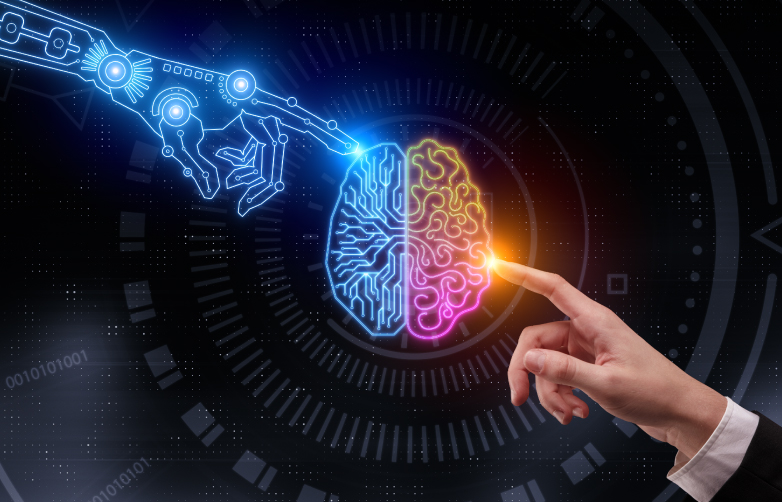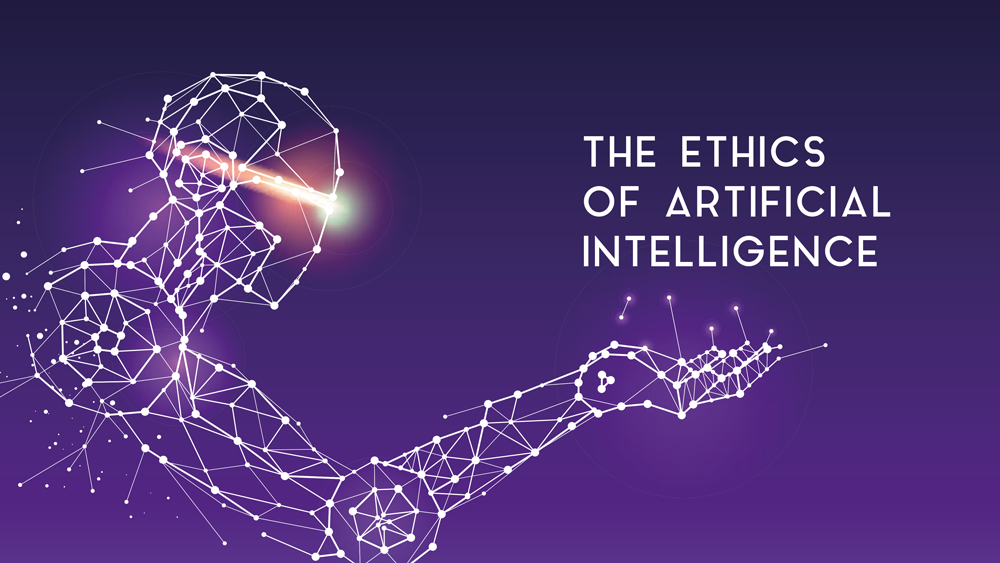Artificial Intelligence (AI) is revolutionizing various aspects of our lives, from healthcare and transportation to finance and entertainment. As AI continues to advance rapidly, it is crucial to address the ethical implications associated with its development and deployment. In this blog, we will explore the key ethical considerations surrounding artificial intelligence and the importance of responsible AI practices.
- Transparency and Explainability
One of the fundamental ethical concerns with AI is the lack of transparency and explainability in decision-making processes. As AI systems become increasingly complex, it becomes challenging to understand the reasoning behind their actions. This opacity raises questions about accountability, fairness, and potential biases embedded within the algorithms.
To address this, developers and organizations should prioritize the development of explainable AI. By designing AI systems that provide clear explanations for their decisions, users can better understand the basis of those decisions and trust the technology. Transparent AI systems also facilitate the detection and mitigation of biases, ensuring fairness and accountability.

- Bias and Fairness
AI systems are trained using vast datasets, which can inadvertently perpetuate biases present in society. Biased AI algorithms can lead to discriminatory outcomes in areas such as hiring, lending, and criminal justice. This raises concerns about fairness, justice, and equal opportunity.
To promote ethical AI, it is crucial to address bias proactively. This involves carefully curating training data to minimize biases, regularly auditing AI systems for fairness, and diversifying development teams to ensure multiple perspectives are considered. By consciously striving for fairness, AI can be a powerful tool for promoting equality and inclusivity.
- Privacy and Data Security
AI systems rely on vast amounts of data to operate effectively. This raises significant concerns regarding privacy and data security. Users must trust that their personal information is handled responsibly and securely.
Responsible AI practices involve implementing robust data protection measures, obtaining informed consent from users, and adhering to stringent data governance regulations. Organizations must prioritize privacy as a core principle and be transparent about their data collection, storage, and usage practices. By safeguarding user data, AI can build trust and ensure the ethical treatment of individuals’ information.
- Human-AI Collaboration and Employment
As AI technology evolves, concerns about job displacement and the role of humans in an increasingly automated world arise. Ethical considerations must be given to human-AI collaboration and the impact on employment.
Responsible AI implementation involves identifying areas where AI can augment human capabilities rather than replace them entirely. This approach promotes collaboration, where AI systems work alongside humans to enhance productivity and decision-making. Organizations should invest in reskilling and upskilling initiatives to ensure a smooth transition for employees whose roles may evolve due to AI implementation.
- Accountability and Governance
AI systems have the potential to make critical decisions that impact individuals and society. It is essential to establish mechanisms for accountability and governance to prevent misuse and ensure responsible AI practices.
Regulatory frameworks and standards must be developed to govern AI development and deployment. These frameworks should encompass principles of transparency, fairness, privacy, and accountability. Collaboration between policymakers, industry experts, and ethicists is crucial to strike the right balance between innovation and ethical considerations.
Conclusion
Artificial intelligence holds immense promise, but it also poses significant ethical challenges. By addressing transparency, fairness, privacy, collaboration, and accountability, we can shape the ethical development and deployment of AI. Responsible AI practices are essential for building trust among users and ensuring that AI technology serves humanity’s best interests. Ultimately, the ethical considerations surrounding AI will guide us toward a future where AI enhances our lives while upholding our shared values.

